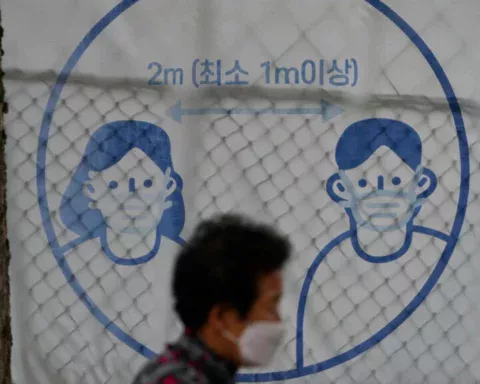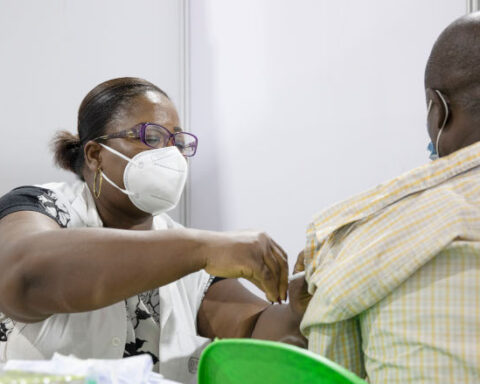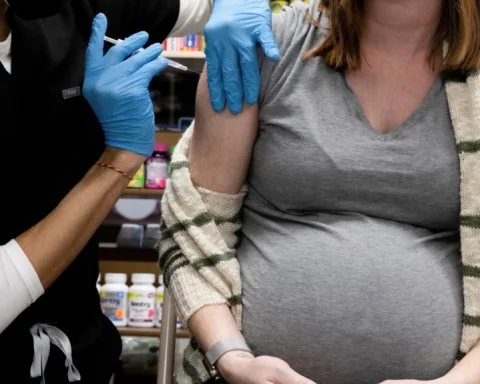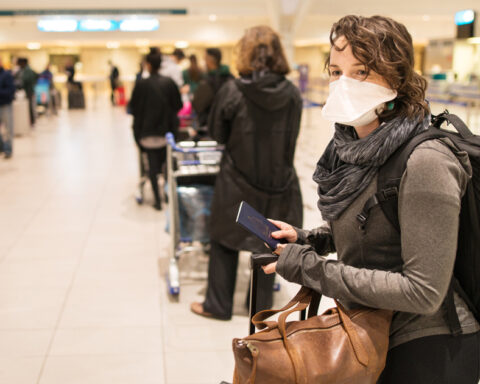Mogadishu – Few countries are as migration-dependent as Somalia. And few have been treated as harshly by the global downturn.
Somalia’s informal economy—based largely on remittances, imports, and agriculture—has been heavily impacted by COVID-19. It is estimated that 40 per cent of households in Somalia are heavily dependent on remittances, and pandemic-related travel restrictions have cut remittance flows sharply.
An IOM study on remittances this past August reported Somalia’s Department of Diaspora Affairs had noted a decline in remittances based on reports received and consultations held with a number of mobile transfer operators indicating a sharp decline. IOM research indicated a decrease of remittances by over 60 per cent.
Woman-owned businesses have been especially hard-hit, with disruptions in supply chains and reductions of cashflow. The flow of customers also has been disrupted as curfews and social distancing put many customers off.
A recent study, conducted in Mogadishu by IOM and the local research firm Raagsan Consulting, found that, of 320 women-led businesses surveyed, over 300 reported reduced revenue and sales. About half reported having to put their operation on hold with about the same number saying they faced difficulty paying back loans or rent. Almost 60 per cent said they had been forced to shut down during the pandemic, with about one third of that group closing permanently.
Nimco Yusuf, 45, is one businesswoman feeling the pain. She started her kitchen utensils business in Mogadishu ten years ago hoping to address new market demand after years of conflict. She started by offering cooking utensils.
“When I started my business, Somalia was coming out of many years of conflict,” she explained. “Families started returning, and there was a need to restart their homes, including kitchen items.”
By the start of 2020, Nimco was doing well enough to support 15 children. She was even able to hire outside help, putting two full-time employees to work in her shop.
Then, in March, the first case of COVID-19 was confirmed in Somalia. A government-imposed curfew and other mobility measures impacted her business, along with thousands of others. “I experienced a 62 per cent decrease in sales and a shortage of supplies.” she said.
Today, Nimco is one of 185 Somali women being supported by the International Organization for Migration (IOM) to deal with the financial impact that the COVID-19 had on their businesses.
IOM Somalia, with funding from the German Federal Foreign Office (GFFO), began partnering with Somalia’s Ministry of Labor and Social Affairs (MOLSA) to support women-led micro and small enterprises (MSEs) impacted by COVID-19 in Mogadishu.
Cash assistance is the key component, with grants ranging from USD 650 to USD 2,000, depending on the size of the business and its needs. Cash grants are designed to help these entrepreneurs restock supplies and may address other needs, such as paying rent, electricity, or loans.
IOM estimates that the grants to 185 beneficiaries will directly improve the lives of 1,122 family members. The financial stimulus that supports these small businesses will also positively impact the local economy.
The women also receive five days of training in business continuity, including basic financial literacy. Most of the women receiving this support present high vulnerabilities, including having a high number of dependents, living in rented places or informal settlements, being displaced, having members of the family with disabilities, being unable to write or read, or having children at risk of child labor.
The support of IOM and the national government comes at a crucial time. With remittance flows declining since the start of the pandemic, many families have been pushed deeper into poverty. This risks reversing decades of progress on development and poverty alleviation.
“Addressing the impact of COVID-19 on Somalia’s economy is imperative to reduce push factors for migration that can put at further risk individuals in vulnerable situations, especially women and children,” says Richard Danziger, IOM Somalia’s Chief of Mission.
This kind of support in Somalia addresses not only the most urgent needs of the women, but also empowers them to be agents of change in their communities and an inspiration for future generations.
“Please continue to support us, not with money, but with skills training,” said Nimco.






